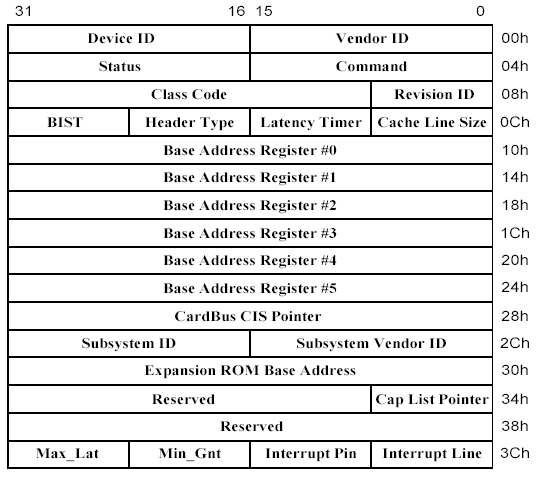C++ Dev Null Os
Named sockets are UNIX domain sockets constructed with socket and bind POSIX APIs, which may be used for advanced interprocess communication. In particular, they may be used to transport open file descriptors from one running process to another. I was wondering if anyone knew of tutorials for writing c programs for pocket viewer handheld computers. I know these toys are more popular in Europe, but I want to start writing programs for them and can't get started. /akustix-enhancer-vst-download.html. Nohup gedit & /dev/null is POSIX syntax and is the same as: nohup gedit & /dev/null That is run nohup gedit in background and then do a /dev/null redirection without running a command. Nohup gedit & /dev/null is not POSIX syntax and is the csh way to redirect both stdout and stderr to /dev/null.csh doesn't have the 2&1 operator as found in Bourne, so it's the only way csh has to.
C++| Language | ||||
| Standard Library Headers | ||||
| Freestanding and hosted implementations | ||||
| Named requirements | ||||
| Language support library | ||||
| Concepts library(C++20) | ||||
| Diagnostics library | ||||
| Utilities library | ||||
| Strings library | ||||
| Containers library | ||||
| Iterators library | ||||
| Ranges library(C++20) | ||||
| Algorithms library | ||||
| Numerics library | ||||
| Input/output library | ||||
| Localizations library | ||||
| Regular expressions library(C++11) | ||||
| Atomic operations library(C++11) | ||||
| Thread support library(C++11) | ||||
| Filesystem library(C++17) | ||||
| Technical Specifications |
 Filesystem library
Filesystem library| Classes | ||||
| Functions | ||||
| File types |
Defined in header <filesystem> | ||
bool is_regular_file(std::filesystem::file_status s )noexcept; | (1) | (since C++17) |
bool is_regular_file(conststd::filesystem::path& p ); bool is_regular_file(conststd::filesystem::path& p, std::error_code& ec )noexcept; | (2) | (since C++17) |
Checks if the given file status or path corresponds to a regular file.
[edit]Parameters
| s | - | file status to check |
| p | - | path to examine |
| ec | - | error code to store the error status to |
[edit]Return value
true if the file indicated by p or if the type indicated by s refers to a regular file, false otherwise. The non-throwing overload returns false if an error occurs.
[edit]Exceptions
p as the first path argument and the OS error code as the error code argument. The overload taking a std::error_code& parameter sets it to the OS API error code if an OS API call fails, and executes ec.clear() if no errors occur. Any overload not marked noexcept may throw std::bad_alloc if memory allocation fails.[edit]Notes
The throwing overload is additionally specified to throw std::filesystem::filesystem_error if status(p) would throw.
C Dev Null Os 10
[edit]Example
Possible output:
C++ Null Type
[edit]See also
C++ Dev Null Oscar
(C++17)(C++17) | determines file attributes determines file attributes, checking the symlink target (function)[edit] |
(C++17) | represents file type and permissions (class)[edit] |
(C++17) | checks whether file status is known (function)[edit] |
(C++17) | checks whether the given path refers to block device (function)[edit] |
(C++17) | checks whether the given path refers to a character device (function)[edit] |
(C++17) | checks whether the given path refers to a directory (function)[edit] |
(C++17) | checks whether the given path refers to a named pipe (function)[edit] |
(C++17) | checks whether the argument refers to an other file (function)[edit] |
(C++17) | checks whether the argument refers to a named IPC socket (function)[edit] |
(C++17) | checks whether the argument refers to a symbolic link (function)[edit] |
(C++17) | checks whether path refers to existing file system object (function)[edit] |
| checks whether the directory entry refers to a regular file (public member function of std::filesystem::directory_entry)[edit] |